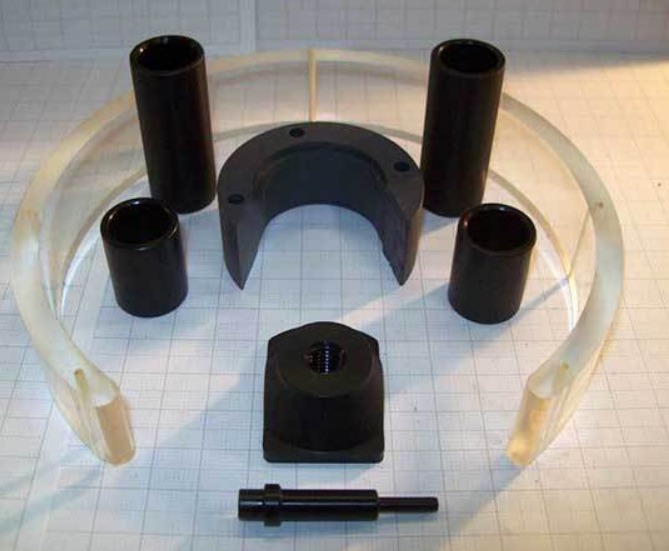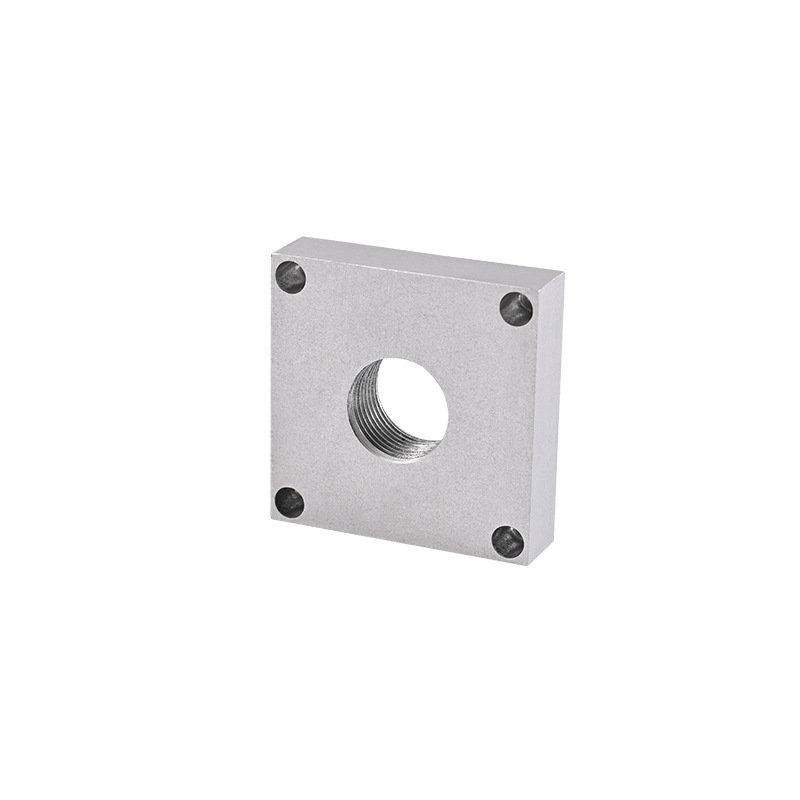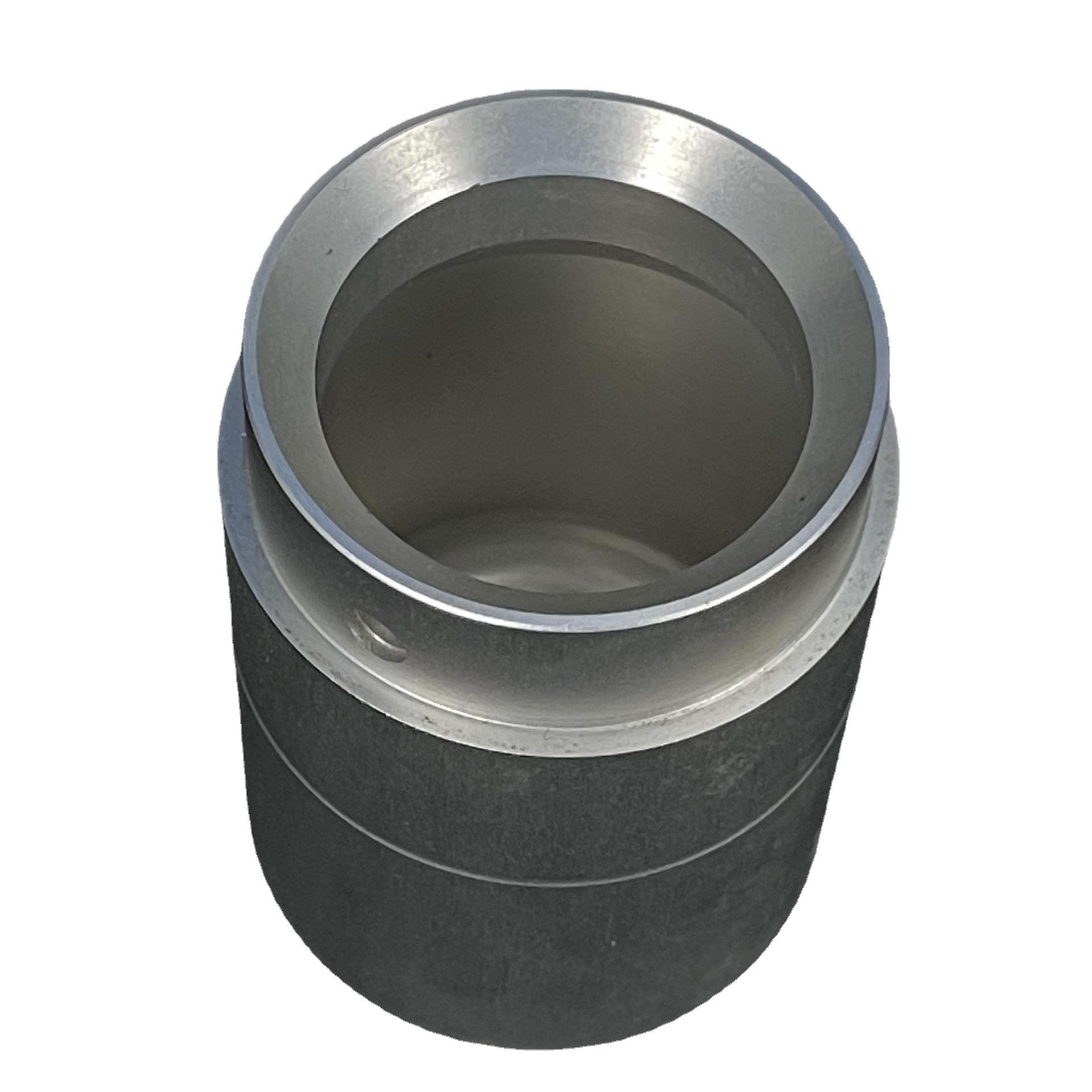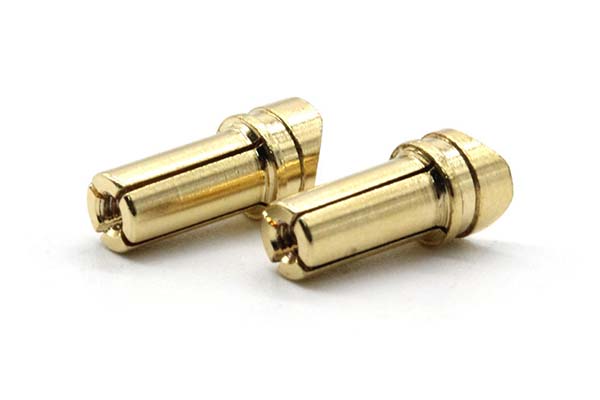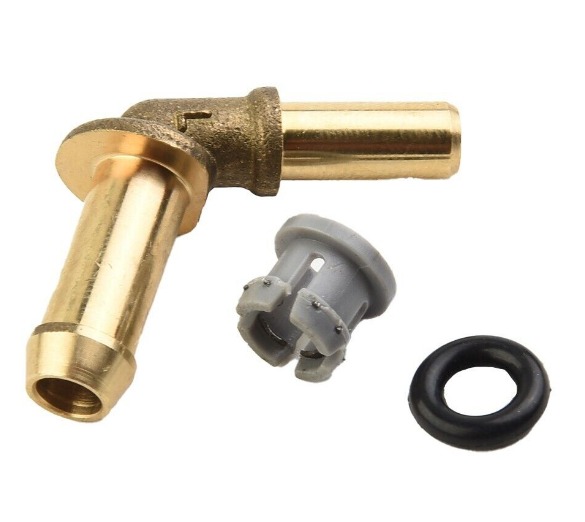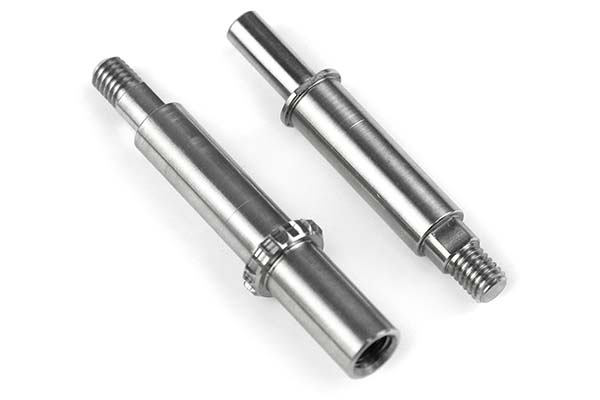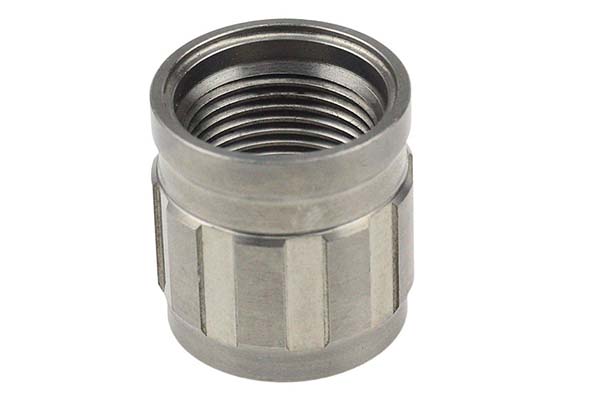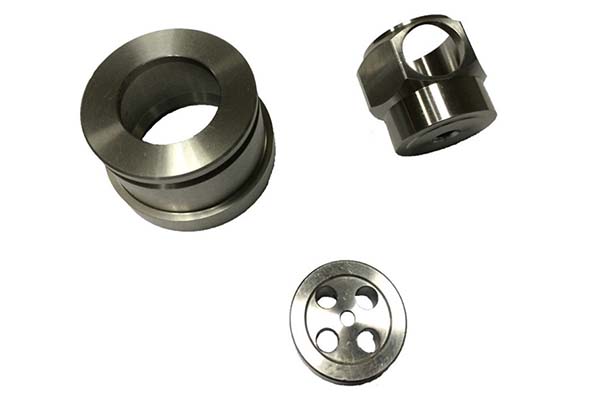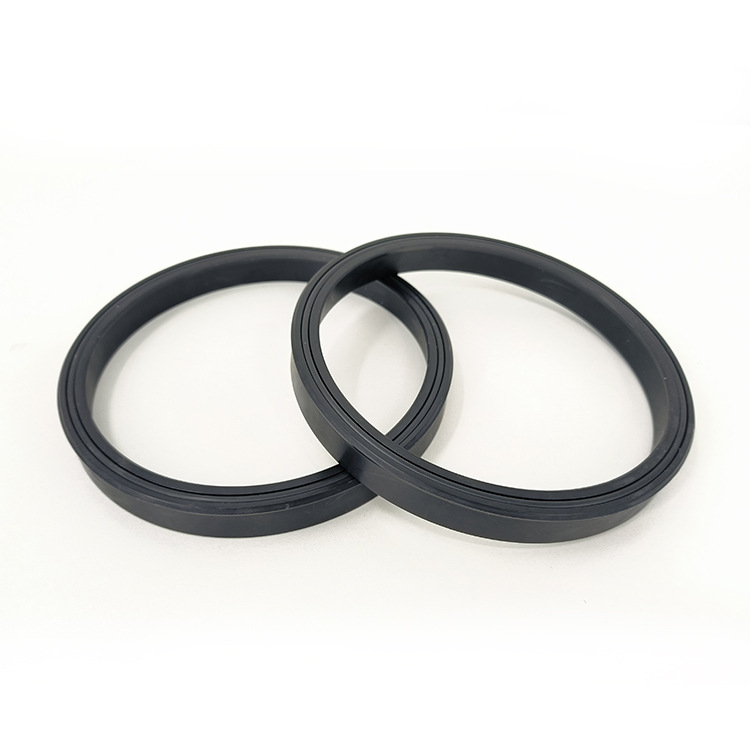Understanding Precision Machined Components
In modern manufacturing, precision machined components play a pivotal role. They are the building blocks that enable the functionality, reliability, and performance of a vast array of products across industries such as aerospace, automotive, medical, and electronics. These components are manufactured to extremely tight tolerances, often within micrometers, ensuring seamless integration and optimal operation within complex systems.
For example, in the aerospace industry, precision machined components in aircraft engines need to withstand high temperatures, pressures, and rotational speeds. A slight deviation in the machining of these components could lead to catastrophic failures. Similarly, in medical devices like pacemakers, the precision of the components is crucial for accurate and reliable operation, directly impacting patient health and safety.
This article aims to provide you with a comprehensive understanding of precision machined components from three essential aspects: services, facilities, and materials. Whether you are a manufacturer looking to source high - quality components, an engineer in need of in - depth knowledge for product development, or simply someone interested in the fascinating world of precision manufacturing, the following information will be of great value.
Services Offered in Precision Machining
1. Prototyping Services
Prototyping is a crucial step in the product development cycle. It allows companies to test and validate their design concepts before moving on to mass production. In precision machining, there are several techniques available for prototyping, each with its own advantages.
- 3D Printing: Also known as additive manufacturing, 3D printing has revolutionized the prototyping process. It builds components layer by layer from a digital model, using materials such as plastics, metals, or ceramics. One of the key advantages of 3D printing is its speed. A prototype can be produced in a matter of hours, significantly reducing the lead time compared to traditional machining methods. For example, a small, intricate component for a medical device that might take days to machine conventionally can be 3D - printed overnight. This rapid turnaround enables companies to quickly iterate on their designs, making it easier to incorporate feedback and make improvements.
- Rapid Prototyping: This is a broader term that encompasses 3D printing as well as other techniques like CNC (Computer Numerical Control) machining for creating prototypes. Rapid prototyping techniques can produce highly accurate models, with some capable of achieving tolerances as tight as ±0.05mm. This high level of precision ensures that the prototype closely mimics the final product, allowing for more accurate testing. For instance, in the development of an aerospace component, a rapid - prototyped model can be used to test aerodynamic performance in a wind tunnel, providing valuable data for design optimization.
2. Mass Production Services
When it comes to mass - producing precision machined components, there are several challenges to overcome. These include maintaining consistent quality across large volumes, controlling production costs, and meeting tight production schedules.
- Automated Production Lines: To address these challenges, many manufacturers are turning to automated production lines. These lines use advanced robotics and CNC machines to perform machining operations with high precision and repeatability. For example, in the automotive industry, automated production lines can produce thousands of precision - machined engine components per day, with each component meeting strict quality standards. The use of robotics reduces the risk of human error and allows for continuous production, increasing productivity and efficiency.
- Advanced Manufacturing Processes: In addition to automation, advanced manufacturing processes such as multi - axis machining and high - speed machining are also being employed. Multi - axis machining, which can involve up to five or more axes of movement, allows for the creation of complex geometries in a single setup. This reduces the need for multiple operations and improves the overall accuracy of the component. High - speed machining, on the other hand, uses high - speed spindles and advanced cutting tools to remove material quickly, reducing production time without sacrificing quality.
3. Value - Added Services
In addition to prototyping and mass production, precision machining providers often offer a range of value - added services.
- Surface Treatment: This includes processes such as plating, anodizing, and painting. Plating, for example, can improve the corrosion resistance and appearance of a component. A precision - machined metal component for an outdoor application might be plated with zinc or nickel to protect it from rust. Anodizing is commonly used on aluminum components to increase their hardness and create a decorative finish. These surface treatments not only enhance the performance of the component but also make it more appealing to customers.
- Assembly: Many precision machining companies also offer assembly services, where they combine multiple machined components into a complete sub - assembly or end - product. This can save customers time and effort, as they don't have to coordinate with multiple suppliers for different parts and assembly. For example, in the production of a complex electronic device, the precision machining provider can assemble all the internal components, ensuring proper fit and functionality.
- Quality Inspection: Rigorous quality inspection is an essential value - added service. Precision machining companies use advanced inspection equipment such as coordinate measuring machines (CMMs) to verify that components meet the specified tolerances. CMMs can measure the dimensions of a component with extreme accuracy, often to within a few micrometers. By conducting thorough quality inspections, companies can identify and correct any defects early in the production process, reducing waste and ensuring that only high - quality products reach the market.
Materials Used in Precision Machined Components
1. Metals
- Aluminum Alloys: Aluminum alloys are widely used in precision machining due to their low density, high strength - to - weight ratio, and excellent corrosion resistance. For example, 6061 aluminum alloy is a popular choice in the aerospace and automotive industries. It has a density of about 2.7 g/cm³, which is much lighter than steel. This makes it ideal for applications where weight reduction is crucial, such as aircraft wings and automotive engine components. The alloy also has good machinability, allowing for the production of complex shapes with relative ease. However, compared to some other metals, its strength may be lower in high - stress applications.
- Stainless Steels: Stainless steels, like 304 and 316, are known for their outstanding corrosion resistance. 304 stainless steel contains chromium and nickel, which form a passive oxide layer on the surface, protecting it from rust and chemical attacks. It has a density of approximately 7.93 g/cm³ and is commonly used in food processing equipment, medical devices, and architectural applications. 316 stainless steel, with the addition of molybdenum, offers even better corrosion resistance, especially in marine and chemical environments. While stainless steels are relatively easy to machine, they can be more challenging than some aluminum alloys due to their higher hardness.
- Titanium Alloys: Titanium alloys have a unique combination of high strength, low density (about 4.5 g/cm³), excellent corrosion resistance, and high - temperature stability. They are extensively used in the aerospace industry for components such as aircraft engine parts and structural components. For instance, in jet engines, titanium alloys can withstand high temperatures and mechanical stresses during flight. However, titanium alloys are notoriously difficult to machine. They have a tendency to react with cutting tools at high temperatures, leading to rapid tool wear. Specialized cutting tools and machining techniques are required to achieve the desired precision.
2. Plastics
- Polycarbonate (PC): Polycarbonate is a popular engineering plastic in precision machining. It is highly transparent, has excellent impact resistance, and can withstand a wide range of temperatures (-40°C to 130°C). These properties make it suitable for applications such as optical components, electronic device housings, and automotive lighting. For example, in the production of smartphone lenses, polycarbonate can be precision - molded to achieve high - quality optical surfaces. Its good flow characteristics during molding also allow for the production of complex shapes with fine details.
- Nylon: Nylon, or polyamide, is known for its high strength, abrasion resistance, and self - lubricating properties. It is often used in the production of gears, bearings, and bushings in mechanical systems. In the automotive industry, nylon components can be found in engine parts, such as timing belt pulleys, where its wear - resistance and ability to operate under high - stress conditions are crucial. Nylon can be easily machined using traditional cutting methods, and it also has the advantage of being relatively lightweight compared to metal counterparts.
3. Composites
- Carbon Fiber Composites: Carbon fiber composites are prized for their extremely high strength - to - weight ratio. They consist of carbon fibers embedded in a matrix, usually a polymer resin. In the aerospace industry, carbon fiber composites are used extensively in aircraft structures, such as wings and fuselages. For example, in modern commercial airliners, the use of carbon fiber composites can significantly reduce the weight of the aircraft, leading to fuel savings and increased range. These composites can withstand high mechanical loads and have excellent fatigue resistance. However, the manufacturing and machining of carbon fiber composites can be complex and costly, requiring specialized equipment and techniques.
- Glass Fiber Composites: Glass fiber composites are made up of glass fibers in a polymer matrix. They are more affordable than carbon fiber composites and offer good mechanical properties, including high tensile strength and stiffness. Glass fiber composites are commonly used in applications such as boat hulls, automotive body panels, and industrial equipment housings. In the automotive industry, they can be used to reduce the weight of non - structural components while maintaining sufficient strength. Their ease of molding into complex shapes and relatively low cost make them a popular choice for mass - produced items that require a balance of strength and economy.
Yigu Technology's Viewpoint
As a non - standard plastic and metal products custom supplier, Yigu Technology takes pride in its rich experience and professional expertise in the precision machining domain. We understand that each project is unique, and thus, we are committed to working closely with our clients.
Upon receiving a client's requirements, we first conduct in - depth research to select the most suitable materials. Whether it's choosing a specific grade of aluminum alloy for its lightweight and high - strength properties or a particular type of engineering plastic for its excellent insulation and corrosion - resistance, we ensure the material meets the project's needs.
Our advanced facilities, including high - precision CNC machines and state - of - the - art inspection equipment, enable us to execute complex machining operations with precision. We also employ a team of skilled technicians who are well - versed in the latest machining processes, from multi - axis machining to precision grinding.
Yigu Technology offers a one - stop service, covering every stage from the initial design concept to the final production. This integrated approach allows us to maintain strict quality control at every step, ensuring that the end - products meet the highest standards of accuracy and quality. We are dedicated to providing our clients with reliable, high - performance precision machined components that contribute to the success of their projects.
FAQ
1. What are the key factors to consider when choosing a precision machining service provider?
When choosing a precision machining service provider, several key factors should be taken into account. First, their machining capabilities, including the range of processes they can perform such as milling, turning, grinding, and EDM (Electrical Discharge Machining). For example, if you need a component with complex geometries, the provider should be proficient in multi - axis machining. Second, the advanced level of their equipment. High - precision CNC machines are essential for achieving tight tolerances. A provider with up - to - date equipment is more likely to meet your accuracy requirements. Third, their quality control system. Look for providers with ISO 9001 or other relevant quality management certifications, as well as those that use advanced inspection equipment like CMMs. Fourth, their experience in the industry. A company with years of experience in precision machining is more likely to handle various challenges effectively. Finally, price is also a factor, but it should not be the sole determinant. You should balance the cost with the quality and service provided.
2. How do different materials affect the precision machining process?
Different materials have unique properties that significantly impact the precision machining process. For instance, metals like titanium alloys are extremely strong and heat - resistant but are difficult to machine due to their high hardness and low thermal conductivity. This can lead to rapid tool wear and require special cutting tools and lower cutting speeds. Aluminum alloys, on the other hand, are relatively soft and easy to machine, allowing for higher cutting speeds. However, they have a higher thermal expansion coefficient, which means they can expand and contract during machining, potentially affecting the dimensional accuracy. Plastics also vary in their machinability. Some plastics, like polycarbonate, are easy to cut but may be prone to melting or warping at high temperatures. Composites such as carbon fiber composites are strong and lightweight but can be challenging to machine because the fibers can cause delamination if not processed correctly.
3. Can precision machined components be customized according to specific requirements?
Yes, precision machined components can be customized according to specific requirements. The customization process usually begins with a detailed communication between the customer and the machining service provider. The customer needs to clearly state their requirements, including the component's dimensions, tolerances, material preferences, and any special functional or aesthetic requirements. Then, the provider's engineering team will use CAD (Computer - Aided Design) software to create a detailed design drawing. Once the design is approved, a prototype may be produced for testing and validation. After the prototype meets the requirements, the provider can move on to mass production, ensuring that each component adheres to the customized specifications throughout the production process.
